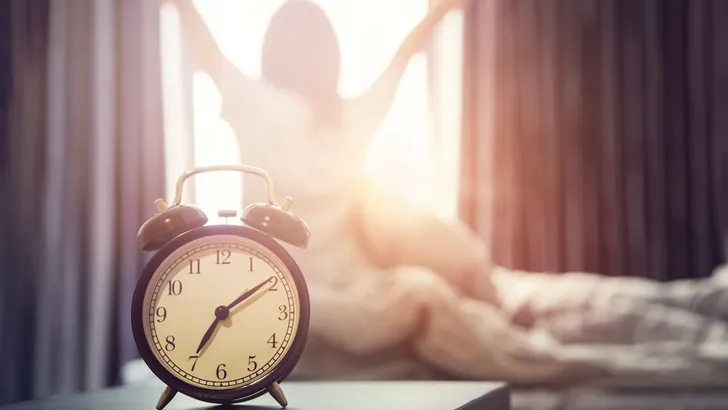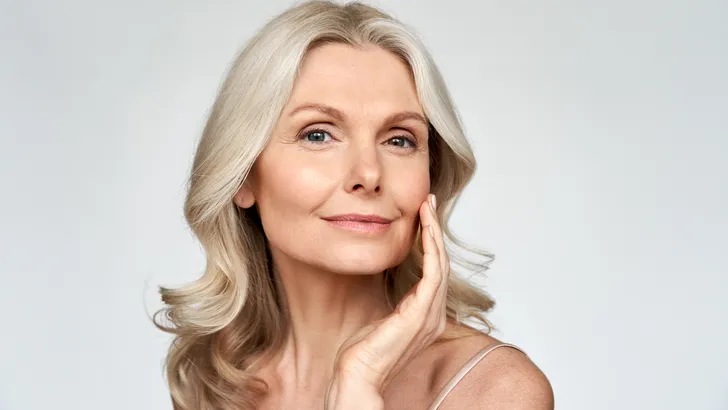Aha: this is what happens to your body when Daylight Saving Time ends!
It can hardly have escaped your notice: two times a year it’s time to set your clocks. Whenever Daylight Saving TIme ends, that means the night will be an hour longer. While many are delighted by such an extra hour of napping, not everyone can enjoy it. What does such an extra hour of sleep actually do to your body?
End of Daylight Saving Time
You might think: oh well, one hour difference, it won’t make that much difference, will it? But that can be very disappointing. There are a lot of people who get a bit confused every autumn when the clock changes. We often understand this with daylight saving time: you suddenly miss an hour of your well-deserved rest. Yet for some people, even an extra hour can cause fatigue, poor sleep and a bad mood.
This is because that one hour messes up our biological clock. According to British researchers, this all has to do with “clock genes,” genes that affect our biological rhythms. Clock genes, which are responsible for our day and night rhythms, are controlled by the biological clock in your brain.
So when the clock is moved an hour forward or backward, the rhythm imposed on us by our watches no longer coincides with our biological clock and our clock genes. This can be quite annoying for a while, because after all, your body is used to producing the sleep hormone melatonin at set times. If that production suddenly no longer matches the times when you sleep, you may find it harder to fall asleep at night, for example.
New rhythm
But for those affected by the clock shifting, there is good news. In fact, within two weeks, everyone should be completely accustomed to the new time. How to speed up the process? Make sure you spend as much time outside as possible and adjust to the new rhythm immediately. Being consistent is key!
Therefore, get up around the same time every day and keep as much as possible a fixed rhythm for breakfast, lunch and dinner. Then you will soon feel like your old self again!
Outdated
Incidentally, it remains to be seen whether the annual back and forth of the clock will continue to happen in the long run. Thus, bright minds, prominent politicians, and scientists worldwide have already called for the abolition of this tradition. This is because it is said to be an outdated custom, dating back to the days when we depended on sunlight to do our work. The reasoning was that with more sunlight, we would use less energy.
Of course, those days are now behind us, and so according to many, the clocks can just stay on one fixed time. Kenneth Wright, an expert on sleep and the biological clock, explains that sticking to one time would be better for our health: “We’re basically making a choice: do we want to go with how we’ve evolved, or do we want to adapt that?” His choice is clear: we’d better do away with that jumping through time. Who knows if it will ever happen!
Source: Marie Claire, Dingen voor Vrouwen, ScienceNews.org | Image: Adobe Stock







